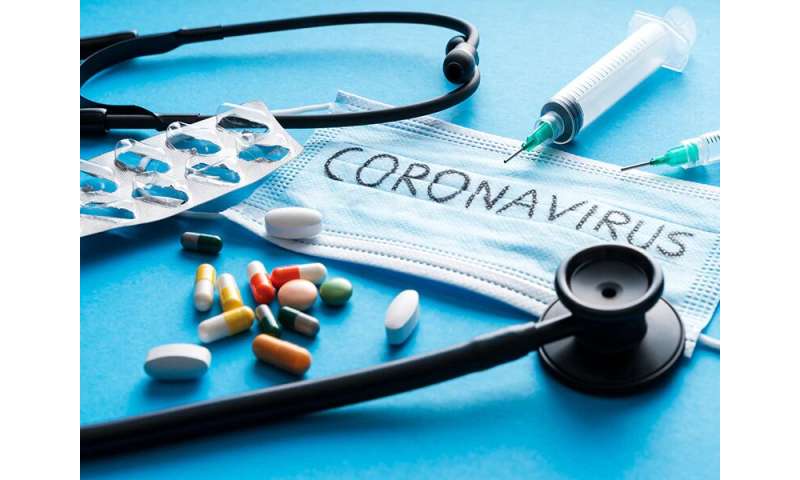
(HealthDay)—There’s a lot of confusion about medications and COVID-19, so experts offer some answers.
There are no proven drug treatments for the illness caused by the new coronavirus, so doctors sometimes use drugs approved for other conditions to treat seriously ill COVID-19 patients. This is called off-label use.
One drug being investigated as a possible COVID-19 treatment is hydroxychloroquine, which is approved by the U.S. Food and Drug Administration to treat malaria, but widely used to treat autoimmune diseases such as rheumatoid arthritis and lupus.
Hydroxychloroquine, often combined with the antibiotic azithromycin, has been touted as a potential treatment for COVID-19. Neither of the medications are antivirals, and the combination has been shown to cause heart problems in some patients.
Some people wonder if they should take hydroxychloroquine to prevent COVID-19. The answer is definitely no, said Chris Bland and Tim Brown, from the University of Georgia’s College of Pharmacy.
“I don’t believe at this time that anybody outside of the hospital setting should be a candidate for these two medications used together for COVID-19,” Bland said in a university news release.
“In the hospital, we can perform cardiac monitoring of these patients to ensure safety. There are very limited data for effectiveness with definite risk of cardiac toxicity,” Bland said. “That’s why we don’t recommend it to outpatients.”
The experimental antiviral drug remdesivir shows promise against COVID-19, but doesn’t yet have FDA approval for treating any condition. More research is needed to assess the drug’s effects on COVID-19, and several trials are underway around the world.
There are also claims that ibuprofen makes people more susceptible to the coronavirus and that ACE inhibitor drugs, used to treat high blood pressure and heart failure, increase the risk of poor outcomes in COVID-19 patients.
There’s no proof for either claim, Bland and Brown said.
They also warned that people who suddenly stop taking ACE inhibitors put themselves at risk for drastic blood pressure increases and worsening heart problems.
Source: Read Full Article